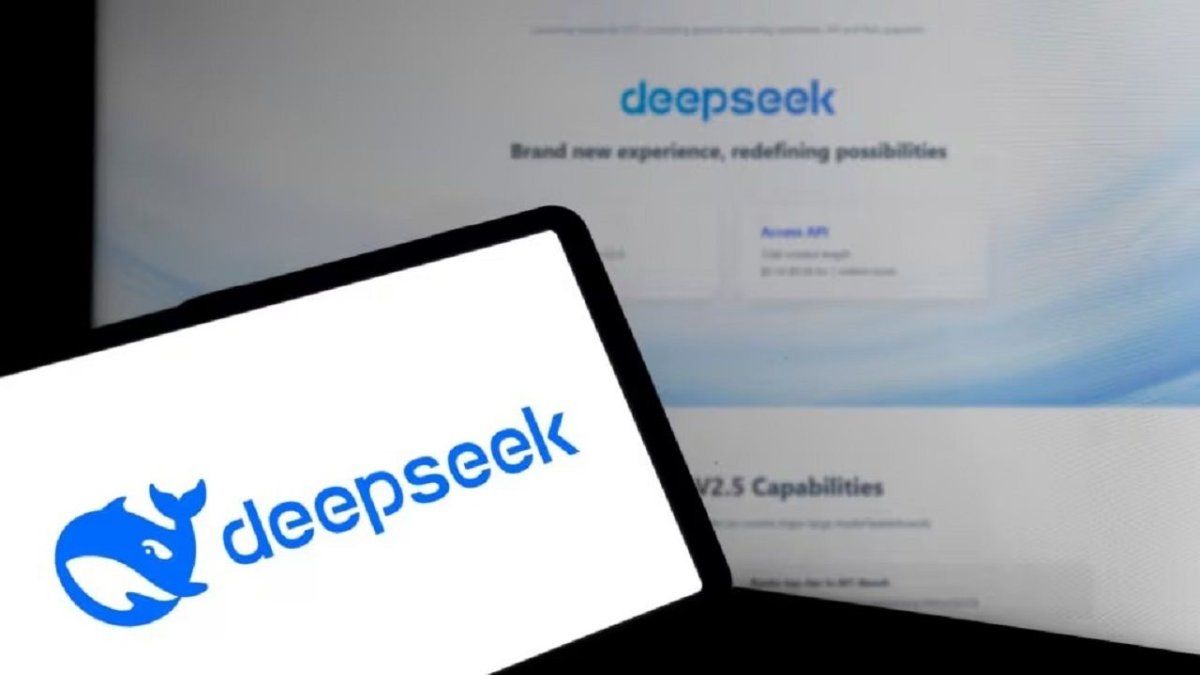Today the progress of the technology It exposes a threatening panorama never seen before in the world and within that the protection of digital assets becomes crucial for the safety of a company. At present, the use of artificial intelligence platforms such as Deepseek It raises serious challenges in terms of cybersecurity and data protection, especially for those companies that handle sensitive information.
In this sense, the first thing to consider is that it is very important to carefully evaluate this type of tools before adopting them in corporate environments and it is advisable to take into account certain security measures when using this type of platforms considering the following points:
The risk in data protection and regulatory compliance:
In Argentina and in many other jurisdictions, companies must comply with regulations such as the Personal Data Protection Law and, in some cases, the GDPR (if they handle European data). Storage in China represents a challenge because local data protection laws do not offer the same security and privacy guarantees. Without clear contractual clauses, the user company has no control over how its data is protected.
Exposure to cyber attacks and possible vulnerabilities
For companies that handle confidential information or critical data, using platforms with a history of vulnerability can be an unacceptable and Deepseek risk has been the objective of recent cyber attacks which indicates that their security controls can be insufficient to guarantee the integrity of stored information.
The lack of control over the use of personal data
The collection of personal data and their possible sharing with third parties without transparency is a risk for both individual users and organizations. In sectors such as banking, health or retail, this could lead to leaks, regulatory sanctions and loss of confidence on the part of the client.
The risk of unilateral modifications in the terms of use
The ability to change the terms without prior notice leaves companies in a vulnerability position, since the rules of use and protection can be modified without their consent. This impacts risk management and security planning of any organization that uses the platform.
In conclusion, it is always recommended that companies prioritize solutions that meet international security and privacy standards, and avoid tools with doubts in data protection and even more so that they have suffered recent vulnerabilities.
In this way, if the company needs to use safe alternatives that provide artificial intelligence tools and data analysis, it would be convenient to know that there are options in more regulated markets such as the United States or in Europe that guarantee greater control and regulatory compliance.
Currently the advance of technology exposes a threatening panorama never seen in the world and within that the protection of digital assets becomes crucial for the safety of a company.
At present, the use of artificial intelligence platforms such as Deepseek raises serious challenges in cybersecurity and data protection, especially for those companies that manage sensitive information. In this sense, from Sparkfound we notice the importance of carefully evaluating these tools before adopting them in corporate environments and we recommend taking into account the following security measures when using this type of platforms. It is essential to evaluate:
The risk in data protection and regulatory compliance
In Argentina and in many other jurisdictions, companies must comply with regulations such as the Personal Data Protection Law and, in some cases, the GDPR (if they handle European data). Storage in China represents a challenge because local data protection laws do not offer the same security and privacy guarantees. Without clear contractual clauses, the user company has no control over how its data is protected.
Exposure to cyber attacks and possible vulnerabilities
Deepseek has been the objective of recent cyber attacks, indicating that its security controls can be insufficient to guarantee the integrity of stored information. For companies that handle confidential information or critical data, using platforms with a history of vulnerability can be an unacceptable risk.
The lack of control over the use of personal data
The collection of personal data and their possible sharing with third parties without transparency is a risk for both individual users and organizations. In sectors such as banking, health or retail, this could lead to leaks, regulatory sanctions and loss of customer confidence.
The risk of unilateral modifications in the terms of use
The ability to change the terms without prior notice leaves companies in a vulnerability position, since the rules of use and protection can be modified without their consent. This impacts risk management and security planning of any organization that uses the platform.
In conclusion, from Sparkfound we always recommend that companies prioritize solutions that meet international security and privacy standards, and avoid tools with doubts in data protection and even more that they have suffered recent vulnerabilities.
In this way, if the company needs to use safe alternatives that provide artificial intelligence tools and data analysis, it would be convenient to know that there are options in more regulated markets such as the United States or in Europe that guarantee greater control and regulatory compliance.
CEO of Sparkfound.
Source: Ambito
David William is a talented author who has made a name for himself in the world of writing. He is a professional author who writes on a wide range of topics, from general interest to opinion news. David is currently working as a writer at 24 hours worlds where he brings his unique perspective and in-depth research to his articles, making them both informative and engaging.




